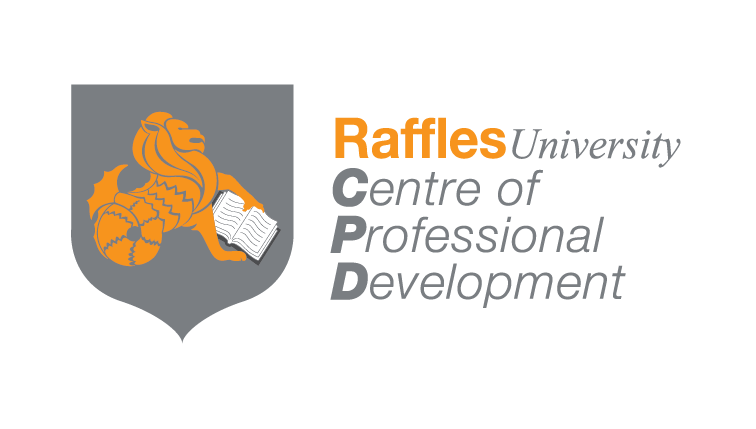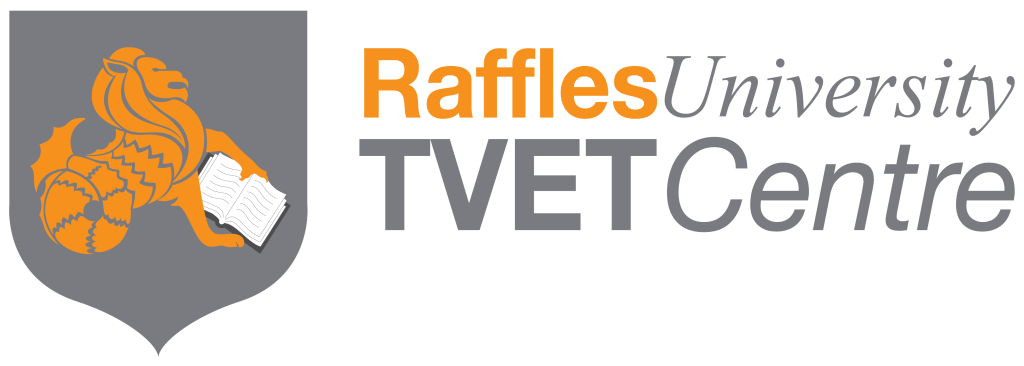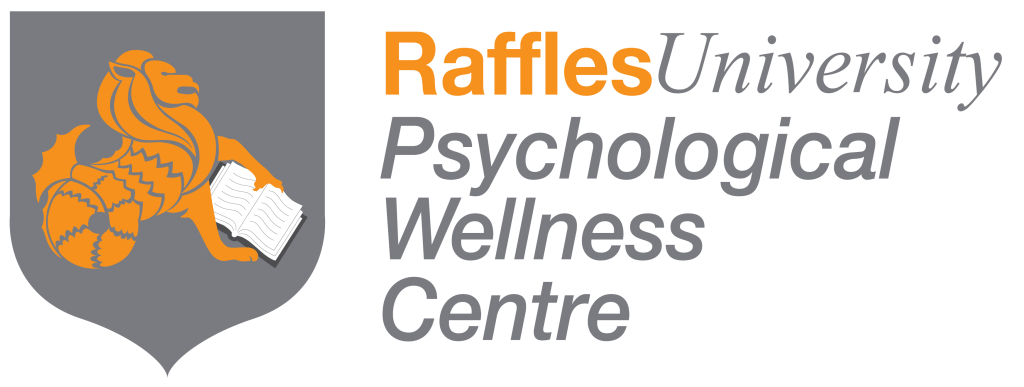RU UPDATES
EMBRACING AI TOOLS IN UNIVERSITY
Embracing AI in Teaching and Learning at Raffles University.
In 2022, the introduction of generative AI tools brought a significant shift in AI accessibility, greatly impacting the market with its exceptional user-friendly interface. AI’s focus swiftly transitioned from robotic automation to its capability of answering diverse questions, making it accessible to a wide range of users. This transformative aspect empowered individuals across different fields, providing easy access to valuable answers and insights.
In response to the changing landscape driven by AI, Raffles University displayed astute foresight and agility by promptly acknowledging the growing trend of AI adoption. To capitalize on this potential for educational advancement, the university promptly formed an AI task force, comprising experts from a wide array of faculties, including AI & Robotics, Business, Arts & Design, Built Environment, Regenerative Design, and Social Sciences.
TASK FORCE MEMBER

Ms Low See Mei

Mr Nico Jean M. Peeters

Dr Pong Hon Keat

Idr Mohd Khedzir Bin Khamis

Dr. Amos Lian En Zhe

Dr. Alex Tan Wei Kian

Associate Professor Dr. Tan Wee Chuen
The Goal of the Task Force: Embracing AI in Teaching and Learning
A task force, consisting of lecturers from diverse faculties, was established with a clear aim: to develop a guideline encouraging responsible AI adoption in learning and teaching for enhanced critical thinking and digital skills. To achieve this aim, the task force extensively discussed the generative AI tools available in each faculty and closely observed students’ AI usage across different disciplines. Building upon their findings, the guideline was developed facilitates the smooth and ethical integration of AI into the academic environment.
Sharing the AI Knowledge: Workshop Among the Lecturers
The next crucial goal is to promote the seamless integration of AI in teaching and learning while eliminating any barriers and restrictions. To foster knowledge sharing and collaboration, Raffles University organised a dedicated workshop focused on exploring AI applications across different disciplines. The workshop was led by the task force and facilitated by Mr. Nico Jean M. Peeters. This platform provided academicians with an opportunity to exchange valuable insights and ideas regarding AI’s current usage in their respective faculties.
During the workshop, lecturers demonstrating various AI applications such as ChatGPT, ChatGPT in Excel, MidJourney, Adobe Firefly, and more. Through interactive sessions, faculty members shared their experiences and best practices, gaining a deeper understanding of how AI can significantly enhance teaching and learning methodologies. The workshop acted as a catalyst, encouraging the embracing of AI’s potential to revolutionise the academic landscape and enrich the educational experience for everyone involved.
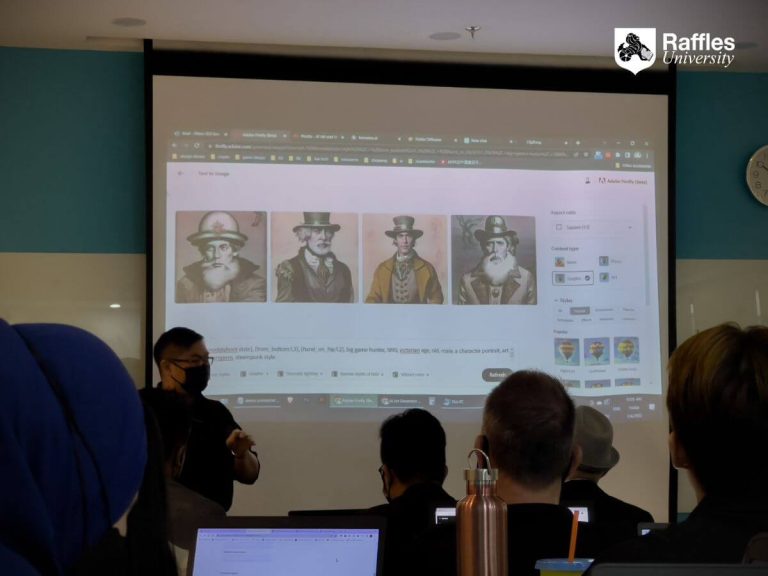
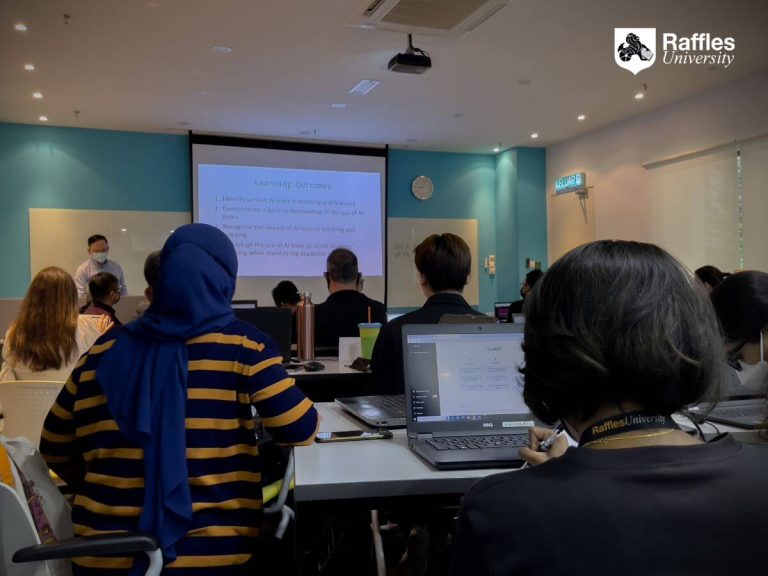
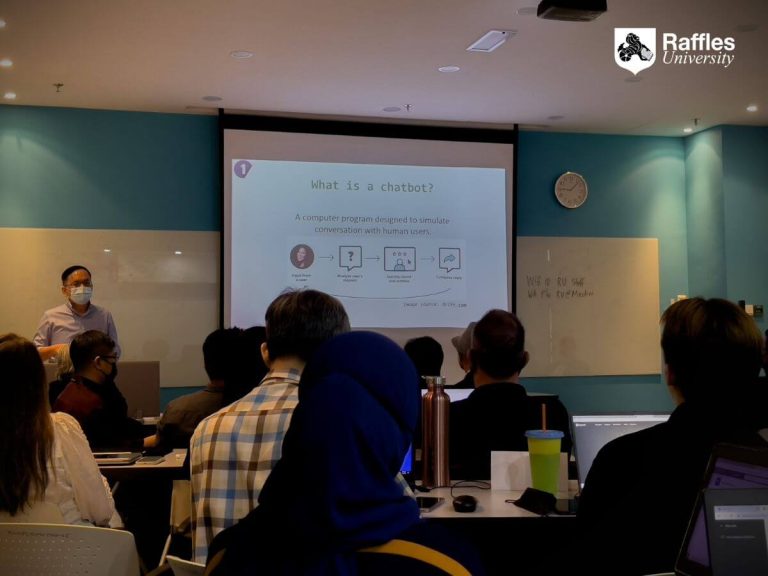
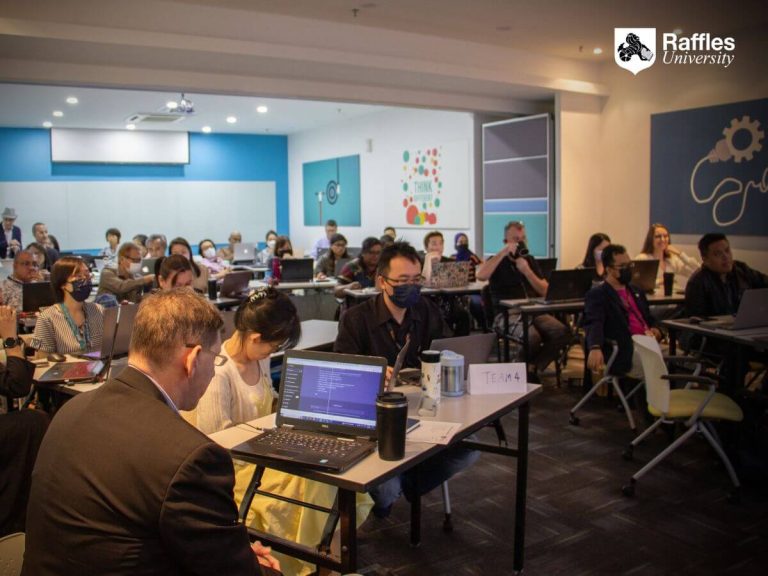
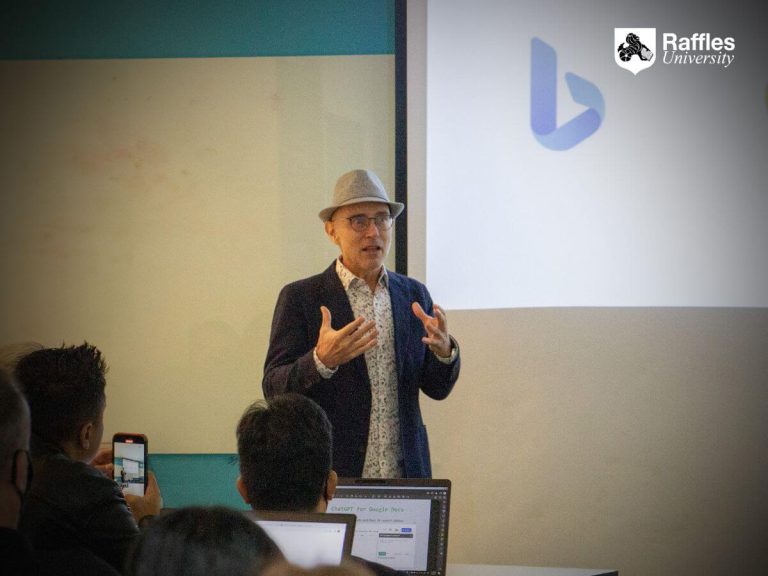
AI in Assessment
The task force proceeded to engage in thorough discussions with lecturers from each faculty, culminating in the creation of a comprehensive policy encompassing the following key points:
- Raffles University will not restrict the usage of AI in university assessments, provided that students employ AI responsibly and accurately.
- AI applications are recognized as valuable tools for research and inspiration, fostering academic exploration and creativity.
- Directly using AI-generated answers or paraphrasing from AI sources is strictly prohibited to uphold academic integrity.
- Students must openly declare their utilisation of generative AI toolsduring any stage of the assessment process.
- Academicians are essential in educating and guiding students on the appropriate and ethical application of AI, ensuring effective integration.
This guideline aims to strike a balance between harnessing the potential of AI for educational advancement while maintaining the highest standards of academic rigor and integrity within Raffles University.

